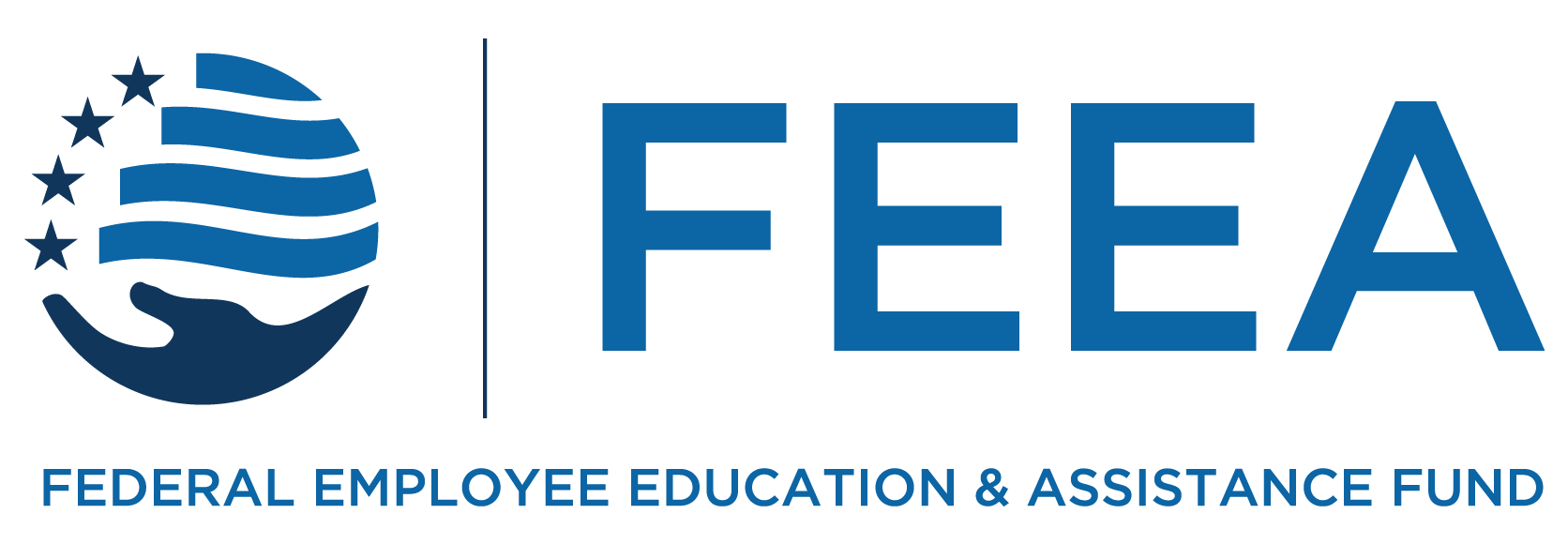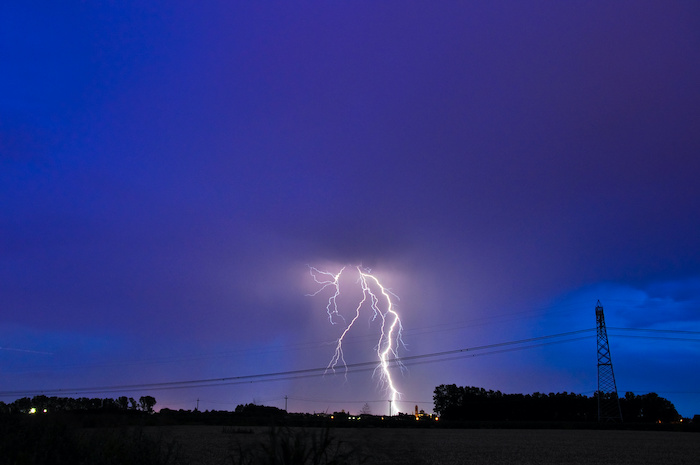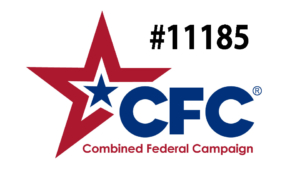Are You Ready for Summer Weather Emergencies?
by Robyn Kehoe
I recently sat down with William (Will) Flagler, Jr., Deputy Director, Arlington County Public Safety Communications and Emergency Management, to talk disaster preparedness. As we head into the often-volatile summer weather season, we want feds to be ready.
Robyn: Thanks for taking the time to talk with us, Will. Let’s start with some basics for busy people – what are the 3 most important things anyone should do to be ready for severe weather events?
Will: The three recommended basics are: be informed, make a plan, build a kit. Be informed about disasters that can affect you where you live/work. Make a plan for what to do once the unthinkable happens. Where will you go if you can’t go to your home or if you are separated from your family? Building an emergency kit is necessary and it should contain supplies such as water, batteries, a first aid kit or other things that you and your family might need in a disaster. Take time to plan and prepare as this will minimize the impact of future emergencies. Having planning conversations with family/co-workers/friends is vital in my opinion. Make sure you talk about how you will communicate if normal communication methods become impacted. Also, discuss sheltering in place and evacuation options. Make sure you actually print hard copies of your plans (in case of power loss) and save them in an easily accessible place. Make sure everyone knows the plan, and practice your plan as a family from time to time.
Robyn: Here in the Mid-Atlantic, we have the possibility of severe thunderstorms, derechos, tornadoes, and hurricanes. Are there different things you’d recommend for readiness for these specific threats?
Will: The most important things that you can do are:
- Sign up for your local alerts from the jurisdiction both where you live and work.
- Prepare your home by cleaning gutters and drains. Remove dead or rotting trees or limbs that might fall. Secure or bring inside any outdoor objects that could blow away or become “missiles” and cause damage.
- Know if your residence/business is in a designated floodplain. You can visit FEMA’s flood map and enter your address to determine the status of your property.
- Finally, as the threat approaches, decide where you will go – can you make it indoors, or is an enclosed vehicle your best option?
Robyn: What about wildfires, which are a big threat for folks out West? Is there anything individuals can do to minimize the threat to their homes? How can people prepare for evacuations?
Will: You are correct about the threat of wildfires being higher out West, so if you are ever out West or if a wildfire started in your local area, then I would still say the important things are: sign up to receive local alerts or recognizing alerts such as Wireless Emergency Alerts which require no sign-up (think Amber and Sliver Alerts), make an emergency plan to facilitate an evacuation, and make sure you have important documents stored digitally. If you have to evacuate, I would suggest practicing with your family, including pets, and determine where you will go. You can get more information on this and other hazards at www.ready.gov.
Robyn: Are there other types of disasters we should be prepared for during the summer months?
Will: Flash floods are always a threat during the summer months. I think knowing the difference between a Flash Flood Watch and Flash Flood Warning is important. A Flash Flood Watch means flash flooding is possible. Be prepared to move to higher ground. A flash flood could occur without any warning. A Flash Flood Warning means a flash flood is occurring. Seek higher ground immediately; do not wait for instructions. I would again recommend going to your local emergency management website or www.ready.gov for more information on this and other hazards that could impact you and your community.
Robyn: There’s a lot of advice out there about what to include in a “disaster kit” but I find myself throwing things away every couple of years as items in my kit expire. I also don’t have a lot of extra space to keep things like potable water and food. Do you have any recommendations for keeping a kit up-to-date on a budget?
Will: This is a common problem and I tell people to make kit based on the things you already naturally purchase or regularly consume. For example, a couple of gallons of water, a few pouches of tuna or other nonperishable items that don’t take up a lot of space and that you could use on a blue-sky day is the way to go. Visit www.ready.gov for recommended basics in a disaster kit.
Robyn: I’m sure the answer to this differs by locality, but is there generally anything individuals and families can do to help their local emergency management professionals before or during a disaster situation? What do you wish the public knew about your work?
Will: The most important thing that individuals and families can do is to sign up for the local emergency alerts or follow the agency on social media so that they can obtain the best information before, during, and after an emergency incident. Emergency management agencies are everywhere and are generally not as known as the fire department or police since we don’t interface with the public as much as we would like to. With that in mind, I would like people to know that there are a group of professionals in many different disciplines (health care, higher education, state, local, and federal) who are working hard to mitigate the impacts of disasters through proven planning and response tactics and much more.
Robyn: Is there anything we haven’t touched on that you think is really important for people to know as we head into summer?
Will: I think it is important for individuals to seek out emergency management agencies at home and work and feel free to ask questions and find what resources are out there to help you. Be informed, make a plan, and build a kit!
Would you like to receive more information like this when it comes out? Sign up for the FEEA newsletter using the Newsletter Sign-up section in the sidebar of this page.
Would you like to reprint this piece in your agency human resource, federal employee association, or union local newsletter? You can do so at no cost by contacting admin@feea.org with your request.
The information provided in this piece is for your convenience and informational purposes only and not to be construed as professional advice. FEEA and its coauthors and sponsors are not liable for any losses or damages related to actions or failure to act with regard to the content in this piece.




